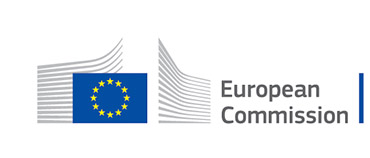Does crypto-mining have a "greener" future?
or crypto-mining can be described as the in which between users are verified and added into the blockchain public ledger. The process of mining, which is used in Proof-of-Work (PoW)* consensus mechanism*, introduces new coins into the existing circulating elements that allows cryptocurrencies to work as a peer-to-peer decentralised network, without the need for a third party central authority. However, requires great energy supplies as needs powerful machines in order to process transactions, leading to vast electricity consumption and high carbon footprint.
El Salvador, also known as the "land of volcanos", has recently taken partinding a solution to this question. As the first step, in September 2021, El Salvador made history by becoming the first country to make Bitcoin as legal tender, thus making it as their official state currency. The second step is to make crypto mining “greener". To achieve this, El Salvador has decided to use geothermal energy coming from to mine Bitcoin, demonstrating that cryptocurrencies can act as an accelerator to sent.
beginning of October 2021, El Salvador has mined 0.00599179 of Bitcoin, an equivalent of around €230 with power harnessed from a volcano. The mining project is still a work in progress and El Salvador’s President Bukele indicated that they are still the process of testing and installing the new mining equipment. has a great potential in this important to keep in mind that already been implemented in other countries, like Iceland, .
For countries with no volcanoes, there is a need to look for other solutions. One of them would be to opt for other consensus mechanisms, such as Proof-of-Stake (PoS)* or Proof-of-Authority (PoA)*, which revolve around actual validators instead of miners and require little to no computing power.





